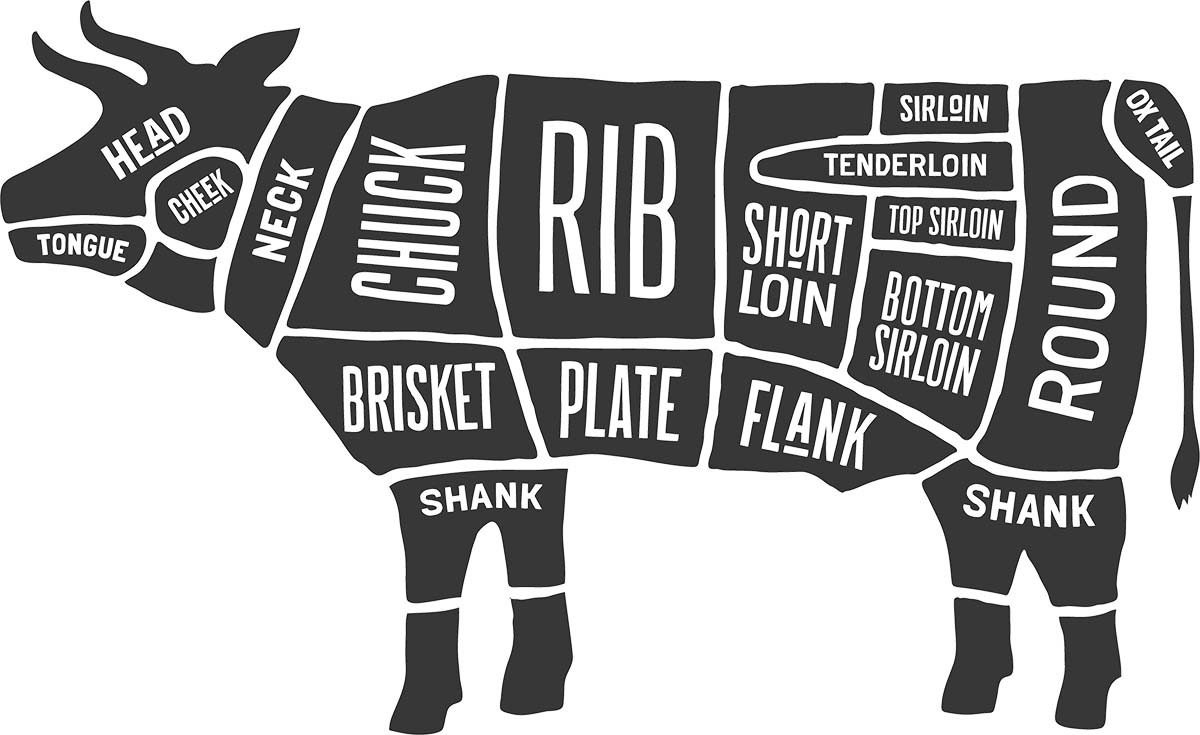Reducing Antibiotics in Agriculture
posted on
September 24, 2021
Yesterday Joseph participated in a national webinar discussing the opportunities to reduce routine antibiotic usage in livestock production. The Public Interest Research Group (PIRG) is conducting a campaign to raise awareness for the impacts of routine antibiotic usage and work with big buyers to commit to buying antibiotic free meat.
The livestock industry is the largest user of medically important antibiotics. With any antibiotic usage, bacteria begin to develop resistance. In the case of conventional livestock production, many animals are given "preventative" antibiotics for extended periods of time. These preventative antibiotics are used to reduce costs by permitting overcrowding, unclean environments, long transportation times, high energy diets, etc. When the bacteria develops resistance to the antibiotics, drug companies must develop new antibiotics/treatment plans, essentially making previous antibiotics worthless to fight infections.
At Fischer Farms, we only use antibiotics if we have one of our cows are sick. It is inhumane to not treat an animal that is sick. In these circumstances, they are removed from the group and given a veterinarian determined treatment plan.
When you don't give cattle routine antibiotics in their feed or water, you must change your processes to make it less likely for sickness to present itself. Some of the ways we have done that include:
- Sandhill Calving Method - separate newborn calves by age (with their mothers)
- Wean Later - more time on mother's milk, less stress early in their life
- Dry, Open Air barns - when they are in the barn they have lots of space and dry bedding
- Regimented vaccine schedule - vaccines are given at low stress time periods
- Mineral - conventional animal production uses an antibiotic in the cattle's mineral (i.e., vitamins) to reduce pinkeye infections. We mix in some garlic to keep flies away
- Probiotics - if we are feeding any cattle we include probiotics which are the good bacteria in the gut that cattle need
- Clean water - water is from an upstream pond that has little runoff into it (instead of stagnant or downstream creeks)
Joining Joseph on the panel was Dr. Patel, an infectious disease expert at Northwestern University School of Medicine and John Tarpoff with Niman Ranch & Panorama Organic Grass-fed beef.
If you have any questions about why we implemented these practices or would like more detail - please let us know!




